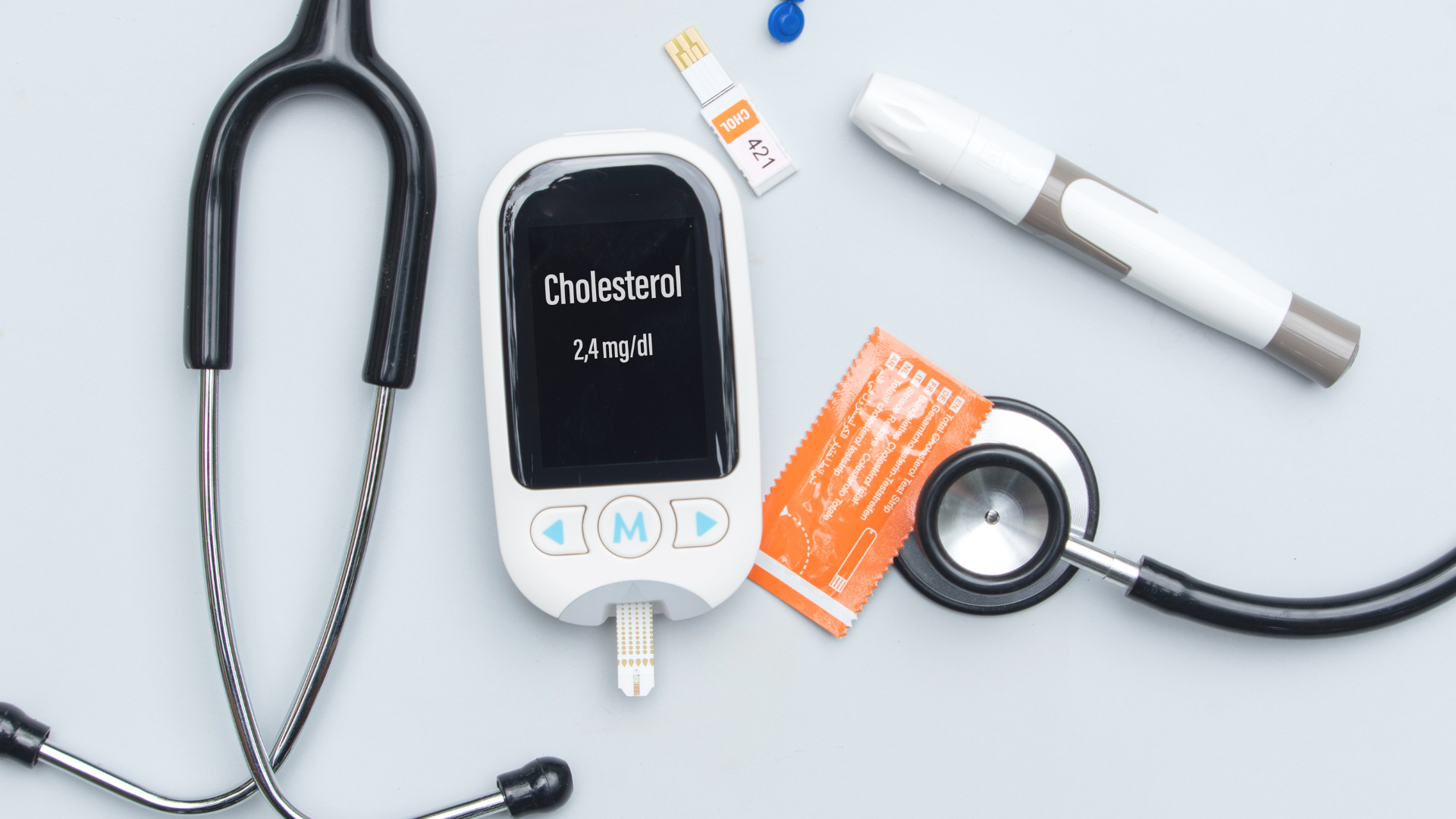A healthy gut is the foundation of overall well-being. Often called the “second brain,” your gut is responsible for digestion, nutrient absorption, immune support, and even mental health. However, poor diet, stress, medications, and lack of sleep can disrupt gut health, leading to bloating, fatigue, skin issues, and chronic illnesses. The good news? You can restore balance and heal your gut naturally with consistent lifestyle changes and targeted nutrition.
In this blog, we explore the top 10 ways to heal your gut naturally, supported by science and practical tips. Whether you’re dealing with digestive discomfort or simply want to optimize your health, these strategies can transform your gut health and your life.
1. Incorporate More Probiotic-Rich Foods
Probiotics are beneficial bacteria that populate your gut and support a healthy microbiome. They aid in digestion, enhance nutrient absorption, and fight off harmful pathogens.
Top Natural Probiotic Foods:
- Yogurt (unsweetened, with live cultures)
- Kefir
- Sauerkraut
- Kimchi
- Miso
- Tempeh
- Pickled vegetables (fermented naturally)
Tip: Start small to let your body adjust and choose non-pasteurized options to ensure live cultures are present.
2. Feed Your Gut with Prebiotics
While probiotics are the good bacteria, prebiotics are their food. These are non-digestible fibers that promote the growth of healthy gut flora.
Best Natural Prebiotic Sources:
- Garlic
- Onions
- Leeks
- Asparagus
- Bananas (especially slightly green ones)
- Chicory root
- Oats
- Apples
Why it matters: A fiber-rich diet supports a diverse and thriving microbiome, which plays a crucial role in gut healing.
3. Cut Back on Sugar and Processed Foods
High-sugar diets and ultra-processed foods contribute to gut dysbiosis—an imbalance between good and bad gut bacteria.
Harmful Effects of Sugar on Gut Health:
- Feeds harmful bacteria and yeast (like Candida)
- Promotes inflammation
- Damages the gut lining
What to do:
- Eliminate or reduce refined sugar, artificial sweeteners, and junk food
- Choose whole foods and natural sweeteners like honey or maple syrup in moderation
4. Stay Hydrated
Water is essential for proper digestion and nutrient transportation. It helps maintain the mucosal lining of the intestines and supports the movement of food and waste through the digestive tract.
Hydration Tips for Gut Health:
- Aim for 8-10 glasses of water daily
- Add a slice of lemon for digestive support
- Drink herbal teas like peppermint, ginger, or chamomile for additional gut-soothing benefits
Bonus: Proper hydration also prevents constipation and bloating.
5. Manage Stress Effectively
The gut-brain connection is powerful. Chronic stress alters gut flora, increases inflammation, and affects digestion.
Natural Ways to Reduce Stress:
- Meditation and mindfulness practices
- Deep breathing exercises
- Regular physical activity (yoga, walking, dancing)
- Journaling or creative hobbies
- Spending time in nature
Science Says: Stress affects gut motility and can trigger or worsen conditions like IBS (Irritable Bowel Syndrome).
6. Get Enough Quality Sleep
Sleep and gut health are deeply intertwined. Poor sleep disrupts your circadian rhythm and weakens gut barrier function, which can lead to inflammation and microbiome imbalance.
Sleep Tips for Gut Health:
- Stick to a regular sleep schedule
- Limit screen time 1 hour before bed
- Create a calming bedtime routine
- Keep your bedroom dark and cool
Aim for: 7-9 hours of uninterrupted sleep every night.
7. Include Gut-Healing Superfoods
Some foods have specific properties that support gut repair, reduce inflammation, and restore the gut lining.
Top Gut-Healing Foods:
- Bone broth – Rich in collagen and glutamine, helps repair the gut lining
- Ginger – Reduces inflammation and aids digestion
- Turmeric – Anti-inflammatory and antimicrobial
- Pumpkin seeds – Rich in zinc and fiber
- Chia seeds – High in soluble fiber and omega-3s
Pro Tip: Try a bone broth-based soup or turmeric-infused golden milk regularly.
8. Avoid Overuse of Antibiotics and NSAIDs
While antibiotics can be life-saving, they also wipe out beneficial gut bacteria, leaving your microbiome depleted. Similarly, NSAIDs (like ibuprofen) can damage the gut lining with prolonged use.
What You Can Do:
- Only use antibiotics when absolutely necessary
- Rebuild your gut flora with probiotics after antibiotic treatment
- Use natural anti-inflammatory alternatives (like turmeric or ginger) when appropriate
Tip: Always consult your healthcare provider before making medication changes.
9. Exercise Regularly
Moderate physical activity improves gut motility and encourages the growth of beneficial bacteria.
Best Exercises for Gut Health:
- Walking or light jogging
- Yoga and stretching
- Swimming
- Strength training (in moderation)
Why it works: Exercise also reduces stress, boosts mood, and supports regular bowel movements—all critical for a healthy gut.
10. Listen to Your Body and Identify Food Sensitivities
Everyone’s gut is unique. Common food intolerances (like gluten, dairy, or soy) can trigger inflammation and disrupt gut function. Pay attention to symptoms like bloating, fatigue, skin rashes, or brain fog after meals.
Steps to Identify Sensitivities:
- Try an elimination diet for 3–4 weeks
- Reintroduce foods slowly and track symptoms
- Work with a nutritionist or integrative doctor for guidance
Important: Don’t self-diagnose. Always test under supervision if needed.
Bonus Tips for Gut Health
🌿 Add Digestive Enzymes
Digestive enzymes support the breakdown of proteins, fats, and carbs—reducing bloating and gas. Look for broad-spectrum enzymes or consume pineapple (bromelain) and papaya (papain) as natural options.
🧘♀️ Practice Mindful Eating
Chew slowly and eat without distractions. This simple practice improves digestion and reduces the chances of overeating.
🧴 Avoid Toxins in Household Products
Many personal care and cleaning products contain chemicals that disrupt hormones and gut bacteria. Switch to natural, fragrance-free, and non-toxic alternatives whenever possible.
Final Thoughts
Healing your gut naturally doesn’t require expensive supplements or extreme diets. It’s about consistent lifestyle choices that support your body’s ability to heal itself. By prioritizing real food, stress management, good sleep, and mindfulness, you can restore balance and strengthen your gut for the long haul.
Remember: Gut health is not just about digestion. It influences your immunity, skin, mood, energy, and even brain function. Start with small changes today, and over time, you’ll notice big improvements in how you feel inside and out.
Frequently Asked Questions (FAQs)
1. How long does it take to heal the gut naturally?
It varies by person. Some may feel better in a few weeks, while deeper healing can take 3–6 months or longer, depending on the damage and consistency of changes.
2. Can I heal my gut without supplements?
Yes. Many people heal their gut naturally through food, lifestyle, and stress reduction. Supplements can support but aren’t always necessary.
3. What are signs of a healthy gut?
Regular bowel movements, good energy levels, strong immunity, clear skin, and stable mood are signs your gut is functioning well.
4. Are fermented foods enough for probiotics?
They can be a great source if consumed regularly, but in some cases (e.g., after antibiotics), probiotic supplements might help boost good bacteria faster.





